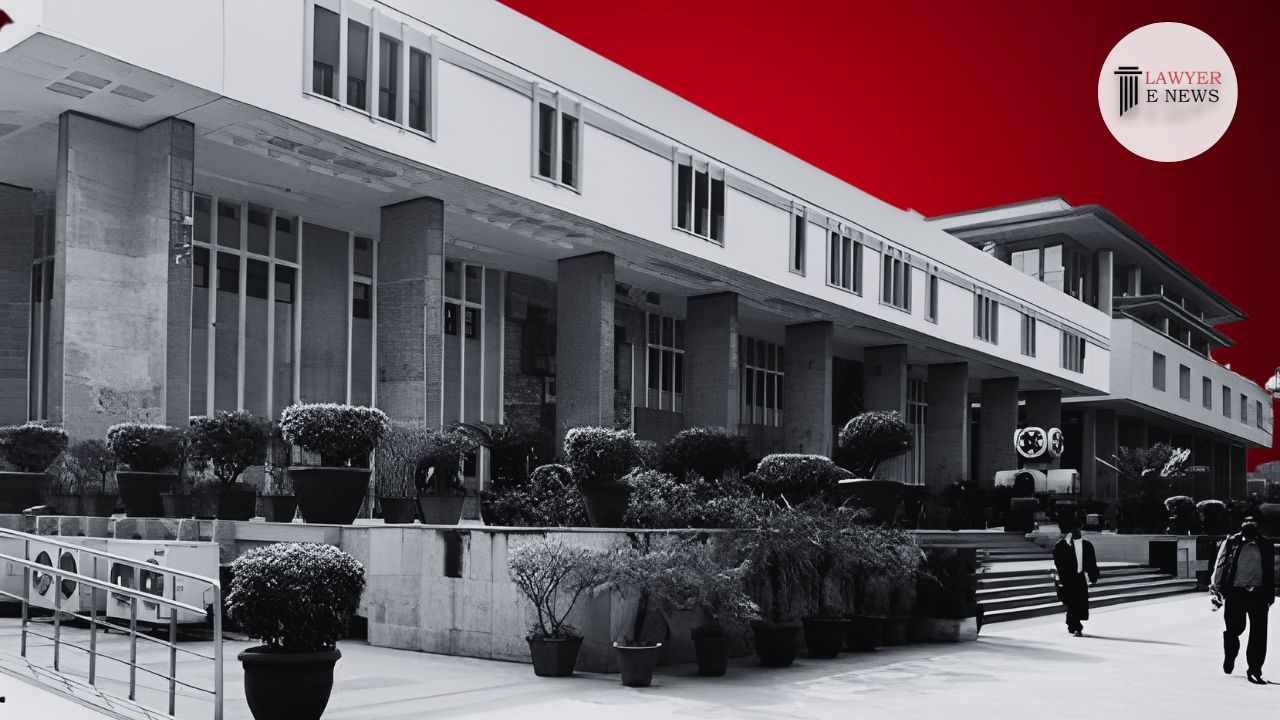-
by Admin
16 February 2026 4:21 AM



In a recent decision on March 20, 2024, the Delhi High Court has ordered a re-evaluation of the Delhi Judicial Services Examination 2023 (DJS Exam 2023) Preliminary Examination, ruling that accepting multiple correct answers for a single question is in contradiction to the examination’s scheme.
The primary legal issue revolved around the judicial review of the Revised Answer Key for the Preliminary Examination of the DJS Examination 2023. Petitioners, aspiring Delhi Judicial Service candidates, challenged the Model and Revised Answer Keys, pointing out errors and asserting inconsistencies.
The case stemmed from the release of the Revised Answer Key by the Delhi High Court, which modified answers to certain questions and declared two options as correct for some. This led to the petitioners failing to qualify, as their marks fell below the threshold.
The court firmly stated that each question in an objective-type examination should have only one correct answer, especially under a negative marking scheme. Accepting two correct answers for one question was held to be fundamentally against the exam’s evaluation structure. The Court asserted, “… accepting two correct answers for one question militates against the said scheme of evaluation.”
Judicial review of evaluation in exams is limited and intervention is warranted only in cases of palpable errors.
The decision to accept two answers for the same question was contrary to the scheme of the Preliminary Examination.
The court ordered the re-evaluation of the examinees based on the amended answer key and inclusion of additional qualifying candidates for the Delhi Judicial Service Mains (Written) Examination.
The Court’s directive to set aside parts of the Revised Answer Key that allowed multiple correct answers signifies a reinforcement of strict adherence to the established examination schemes. The judgement underscores the judiciary’s role in ensuring fairness and accuracy in competitive examinations.
Date of Decision: 20th March 2024
Rishabh Duggal Vs. Registrar General, Delhi High Court
